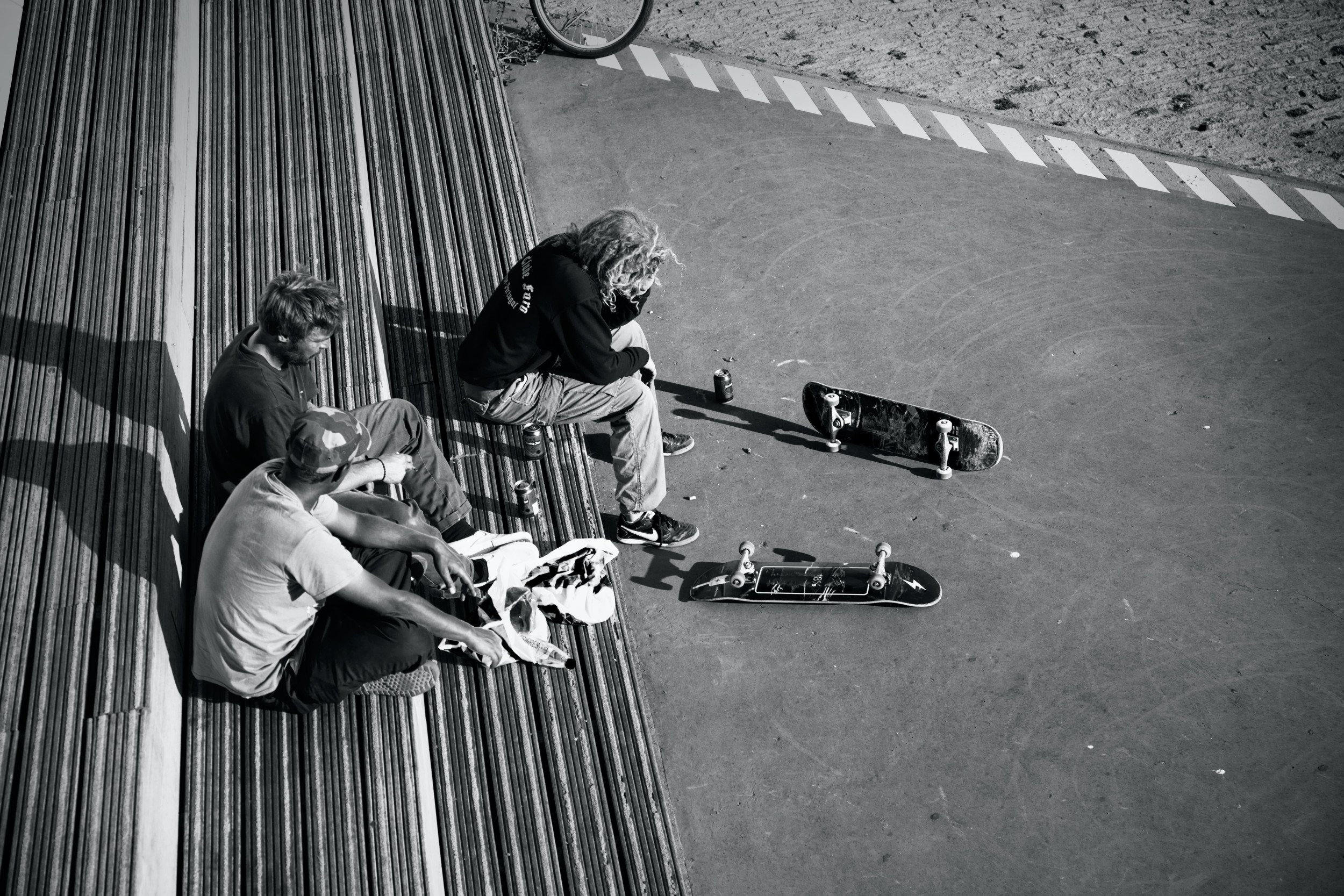The purpose of a residential treatment center is to provide a troubled teenager with a structured daily routine. This is so teens can focus on their goals which is to heal and overcome their addictions or behavioral problems.
If you’re a parent who doesn’t fully know what the structure of a residential treatment program is then you’ll find valuable insights in this post. Although all residential centers are different, these are the most common routines your teen will experience.
Breakfast and Chores
Residential programs are similar to how people spend their everyday lives but with more discipline and higher levels of care. When your teen stays at a residential center they will receive a hearty breakfast packed with the nutrients they need to function for the rest of the day.
After breakfast teenagers may need to complete certain chores like doing the dishes, cleaning their rooms, or tidying up gardens and the community center. Chores teach teenagers self-discipline and how to become independent.
Exercises
Physical exercises improve mental health as well as relieve stress. This is especially important for teenagers who struggle with mental health problems or have anxiety disorders.
Some residential treatment centers will offer a variety of physical exercises teenagers can take part in such as dancing, hiking, swimming, running, and walking.
Academic Support
Since your teenager is staying at an inpatient treatment center they’ll need strong academic support. Some facilities offer residential boarding schools where teenagers can learn and get the treatment they need for their problems.
However, teens who are simply being rehabilitated are required to study and complete their homework and assignments so their grades don’t drop while they’re being treated. Every day patients will spend time completing their school work, except on weekends.
Therapy Sessions
After patients have completed their homework for the day it will be time for them to take part in their therapy sessions. Residential treatment facilities offer a wide range of therapies such as cognitive-behavioral therapy, equine therapy, and even art therapy.
Your teenager will be provided with the type of therapy that’s specific to their needs. For instance, if your child has substance abuse disorder he or she may need to attend a 12-step program. Patients who have mental illnesses like bipolar or depression, they’ll take part in dialectical behavioral therapy.
The duration of the therapy will depend on the type of treatment. Some therapies can take up to 3 hours a day while others like equine therapy can last for up to 5 hours.
Outdoor Activities
Teenagers must spend time outdoors especially if they suffer from mental health disorders. Spending time outdoors can improve your teenager’s sleep as well as cognitive function.
Some residential treatment centers will allow basic outdoor activities such as walking or riding bicycles. Facilities that offer adventure therapy sessions can include rafting or skiing as an outdoor activity. These activities can make the recovery journey more pleasant and easier for a teen’s mental well-being.
Lunch
No matter what your teen is doing at a residential treatment center, whether they’re outdoors or taking part in art therapy inside, they will be required to attend lunch. Some centers will have a community center where teens can eat their lunch and engage with other patients.
Personal Time
Every patient at a residential center has the right to personal time. Your teen can use this time to do the things they enjoy such as reading, chatting with friends, or listening to music. Patients can also call their loved ones or take a nap.
Group Therapy
Residential treatment centers are all about interacting with one another and building relationships with the people. That’s why these centers may have daily group therapy sessions where all patients can share their stories.
Group therapy sessions teach teenagers about effective communication skills and healthier ways to interact with each other. It also gives your teen perspective on the struggles of other patients.
These sessions are ideal for any patient who has substance use disorder, mental health struggles, and phobias. The typical duration of group therapy can be between 60 minutes and 90 minutes.
Dinner and Group Walks
Residential programs will include dinner. These meals may vary but will provide the basic food groups. Alternatives will be provided to patients who have food allergies or specific dietary requirements.
After dinner, patients can take part in a group walk around the facility which instills a healthy habit to not sit around after eating a big meal.
Family Therapy or Dialectical Behavioral Therapy
Family therapy is important for troubled teenagers who have difficult relationships with their parents. Parents and teenagers can open up about their feelings to each other in a controlled and safe environment.
This is also a form of dialectical behavioral therapy where patients have a chance to talk about their feelings without being interrupted. It’s one of the best types of therapies for teens who struggle with mental disorders like bipolar or depression.
Final Thoughts – Find Out More About Our Programs
At HelpYourTeenNow we are always transparent with parents about our daily routines. We will run you through our daily activities so you and your teen can have peace of mind about what to expect at our facility.
Contact HelpYourTeenNow if you want to book your teenager into our residential treatment program. We provide a safe and structured routine for children so they can have a successful recovery that lasts.











0 Comments